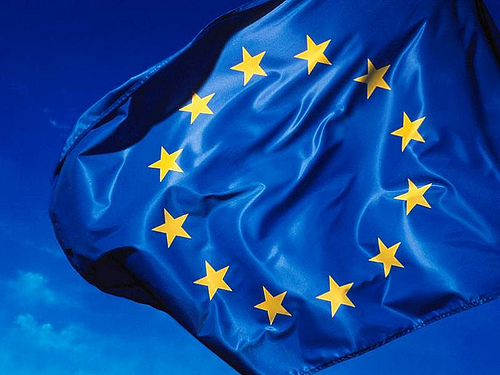
The ABC of European Union strategy: ambition, benchmark, culture

In
Europe does not threaten anyone, Europe is geared to stability; Europe has no enemies nor does it have territorial aspirations. It could be a heavy-weight force, but Europe as a whole is still reluctant to accept its role as a global player. Egon Bahr2 The adoption of the European Security Strategy (ESS) by the December 2003 European Council was a landmark event for the European Union (EU) as an international actor. Of course, the ESS was not handed down in the shape of stone tablets. It is not because something is written in the ESS that it necessarily will be so, nor is everything written in the ESS. But the simple fact that it is omnipresent – in EU discourse, in statements by European as well as other policy- makers, in the debate in think tanks and academia – proves that its importance should not be underestimated either. It is after all the first ever strategic document covering the whole of EU foreign policy, from aid and trade to diplomacy and the military. As such it is first of all a statement of the EU’s ambition as an international actor, and has therefore become the reference framework guiding the EU’s performance as well as the benchmark to judge it. Through its performance the EU at the same time is developing a strategic culture of its own, the maturation of which is helped forward by the ESS. Ultimately however, what really counts, and what determines the consolidation of the EU’s strategic culture, is whether the EU, through its policies and actions, is able to achieve results and realize its ambitions. 1. Prof. Dr. Sven Biscop is a senior research fellow at Egmont – The Royal Institute for International Relations in Brussels and visiting professor at the College of Europe in Bruges. This paper was commissioned by the T.M.C. Asser Institute in The Hague. The final version will be included in the edited volume resulting from the 37th Asser Colloquium on European Law, ‘The European Union and International Crisis Management: Legal and Policy Aspects’ (The Hague, 11-12 October 2007). The author offers warm thanks to Dr. Christoph O. Meyer (King’s College, London) and Alexander Mattelaer (Institute for European Studies, Vrije Universiteit Brussel) for their helpful comments on the first draft of the text. 2. Egon Bahr, Europe’s Strategic Interests – The Role of German Foreign and Security Policy en Route to European Self-Determination and Global Responsibility. Brussels, Friedrich Ebert Stiftung – EU Office, April 2007.
(Photo credit: rockcohen, Flickr )